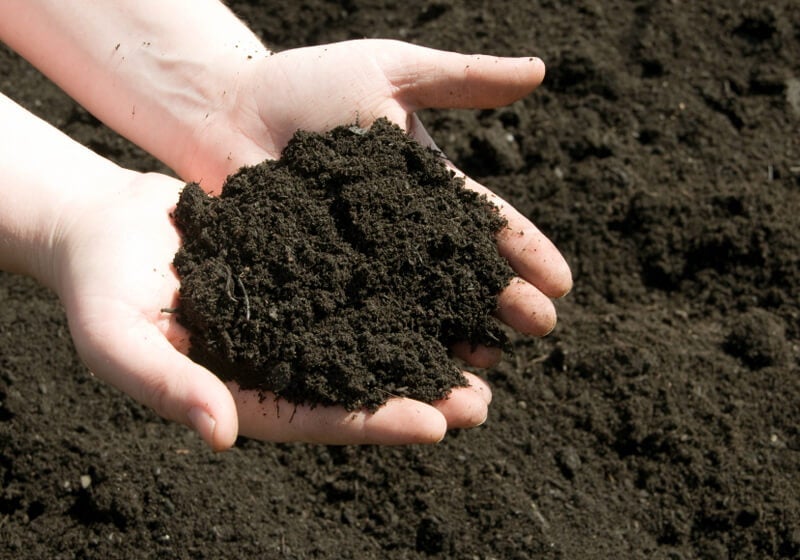You may have heard of soil pH. You may have even heard some people say that they don't worry about testing the soil; that it is usually okay. That's often true. But if the soil pH is not okay, how will you know? You then risk potential problems. So, if you want to do things right, check the pH of your soil every year or two, and certainly the first time for a garden spot.
The term "pH" stands for a measure of acidity. The pH affects whether fertilizer and other nutrients in the soil are actually available to your plants. You can fertilize and if the pH is wrong, some of the nutrients in the fertilizer get tied up in the soil chemistry so they are hardly available to your plants. That's a waste. In the case of tomatoes, peppers, and a few other vegetables, it contributes to a problem called blossom end rot.
Vegetables need a soil pH between 6.2 and 6.8 (herbs prefer a pH near 7.0, which is called neutral). If lower or higher, needed nutrients can get tied up in soil chemistry, making them less available to plants. So, pH matters for vegetable plants to grow their best.
You can measure the pH of your soil with a quick test kit sold at garden centers, or you can get a soil test kit from your regional Extension office, which obviously takes longer but will arrive with more specific instructions for the amount of material to apply for adjusting the pH for your soil type.
To raise soil pH, you add lime to the soil; it is sold at garden centers. Some lime takes months to change the pH. Other lime is fast acting. Some is pelletized (perfect for applying with a lawn fertilizer spreader). Some is fine and dusty. Read product labels to compare and make your choice.
To lower pH, add iron sulfate, aluminum sulfate, and powdered sulfur. Again, compare products and follow label directions.
Whether raising or lowering the pH, sandy soils generally need less material and clay soils need more material to get the same degree of change. In lieu of an Extension soil test that tells you exactly how much product to use, follow the package directions of the product you choose.
Test the soil every couple of years to check pH, because it can change over time.


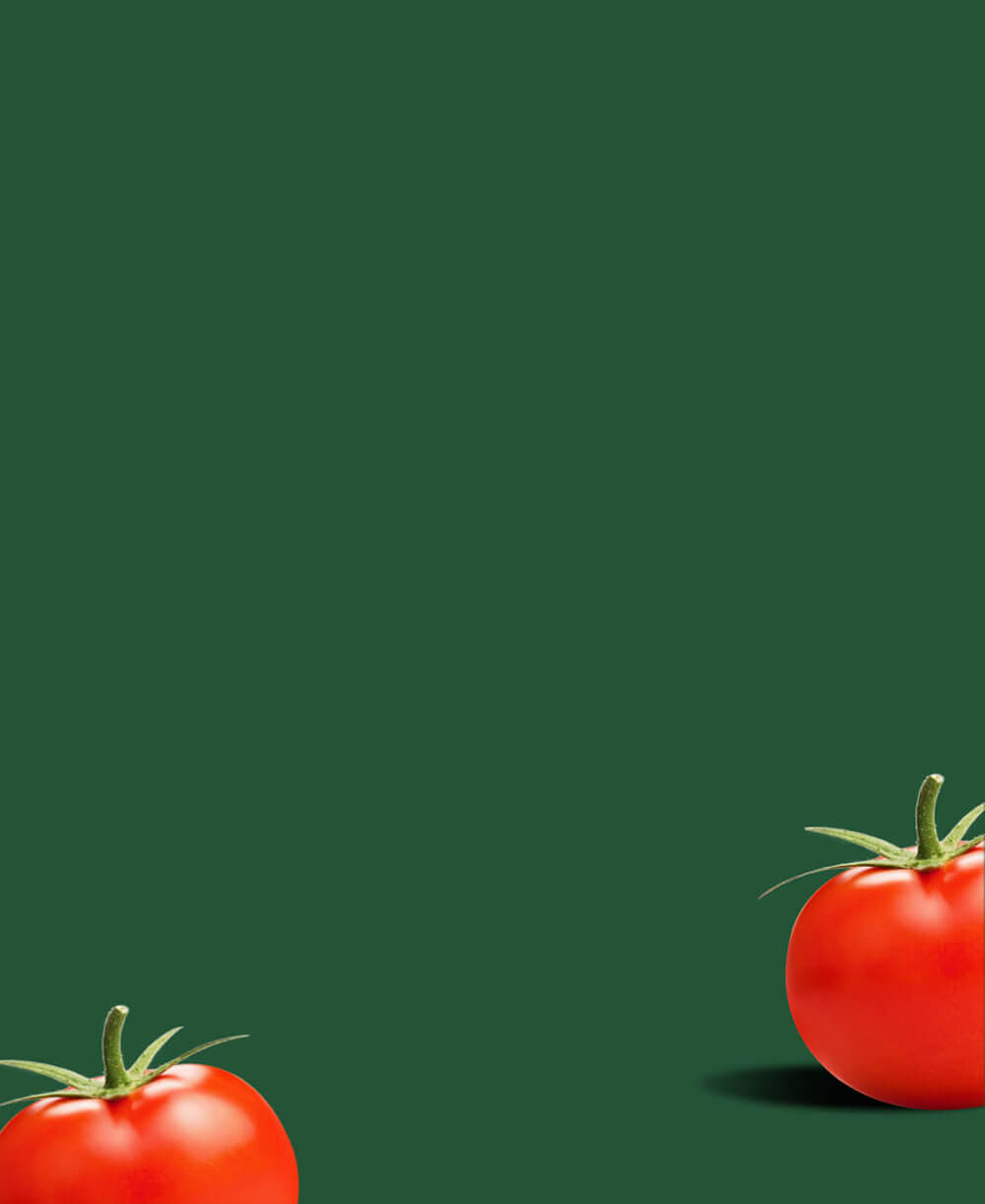

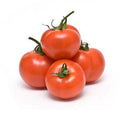

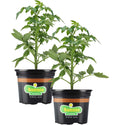
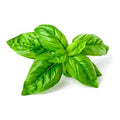 Herbs
Herbs
 Vegetables
Vegetables
 Fruit
Fruit
 Flowers
Flowers
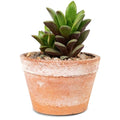 Succulents
Succulents
